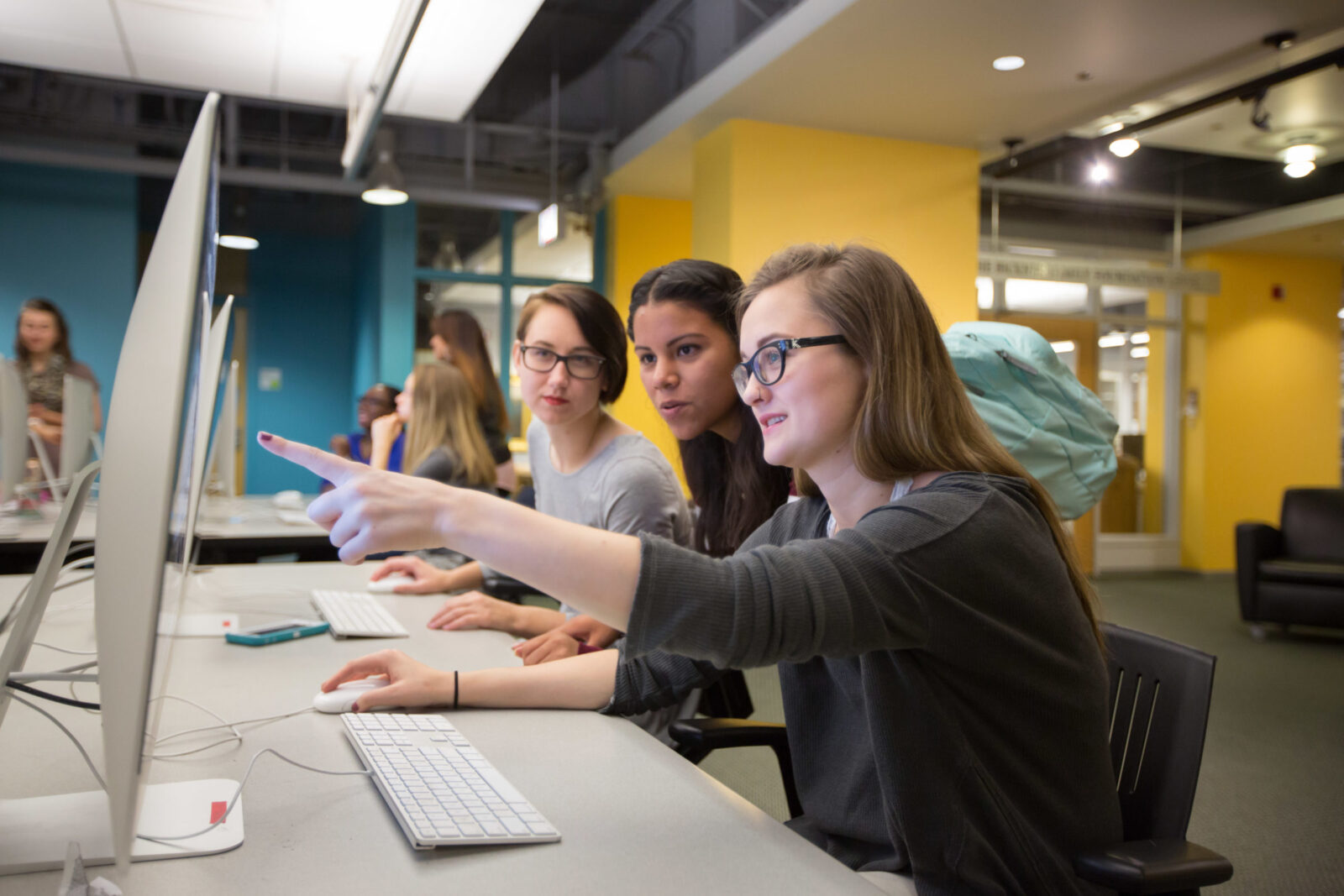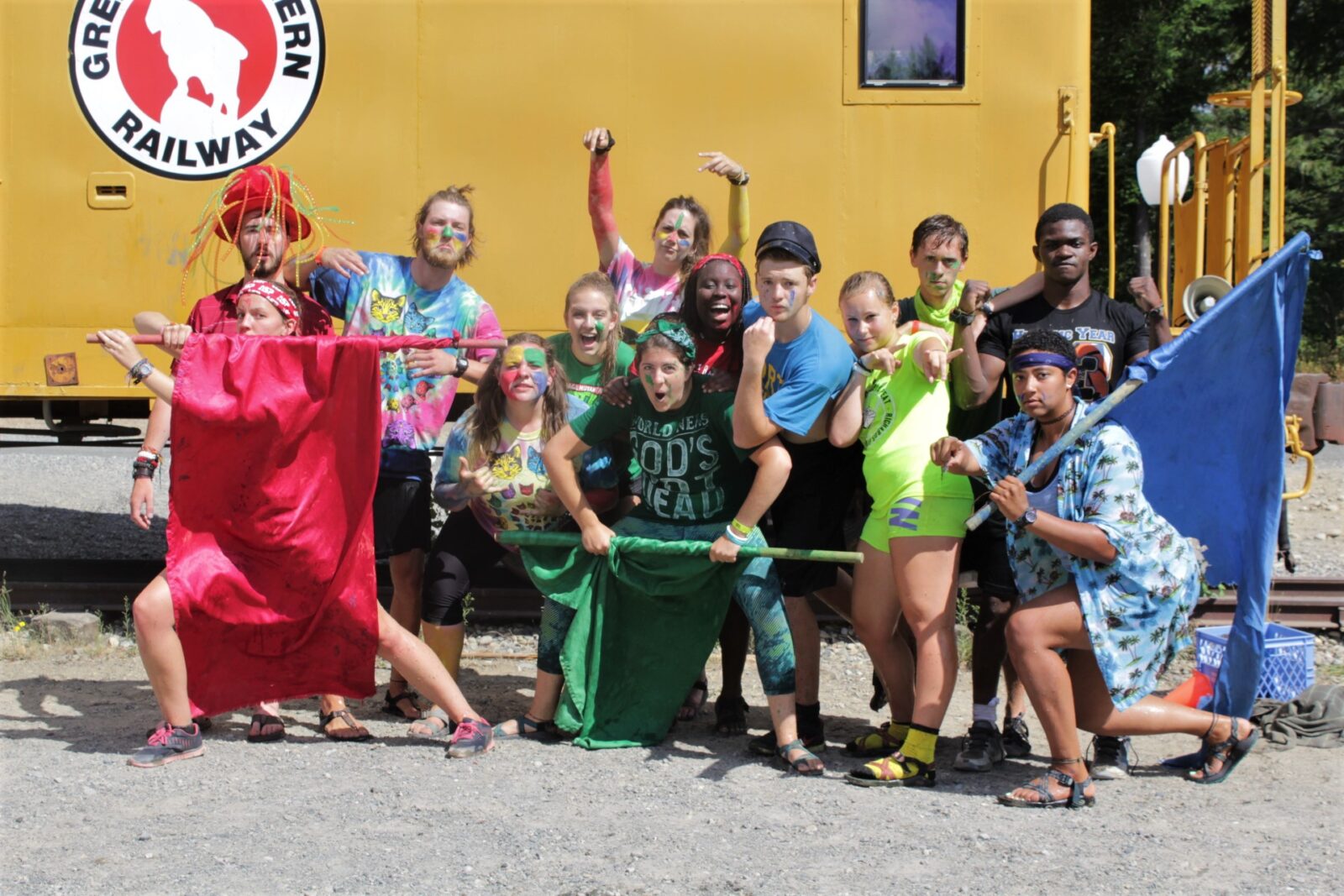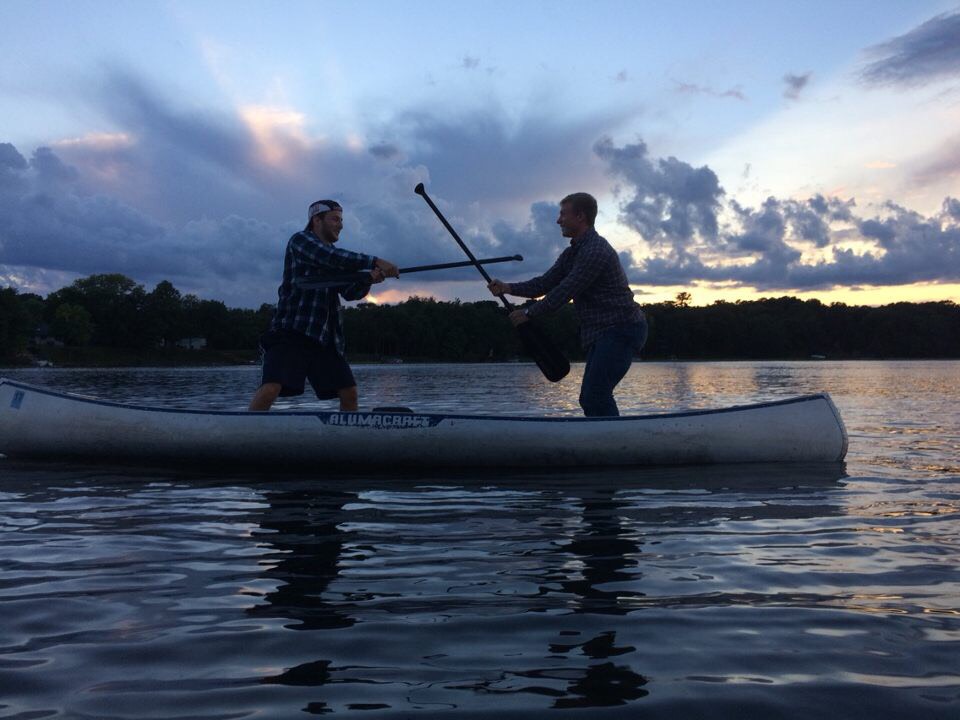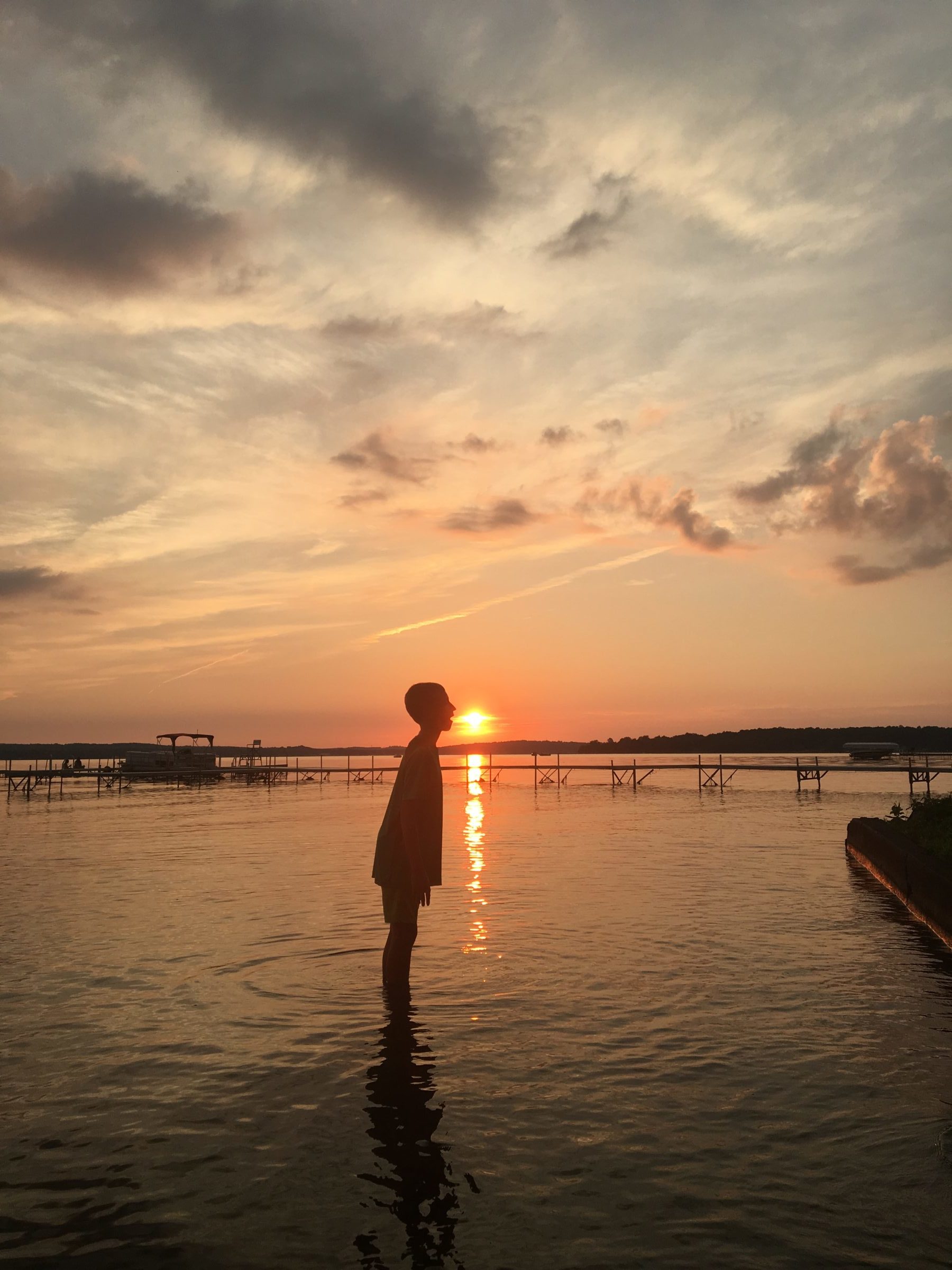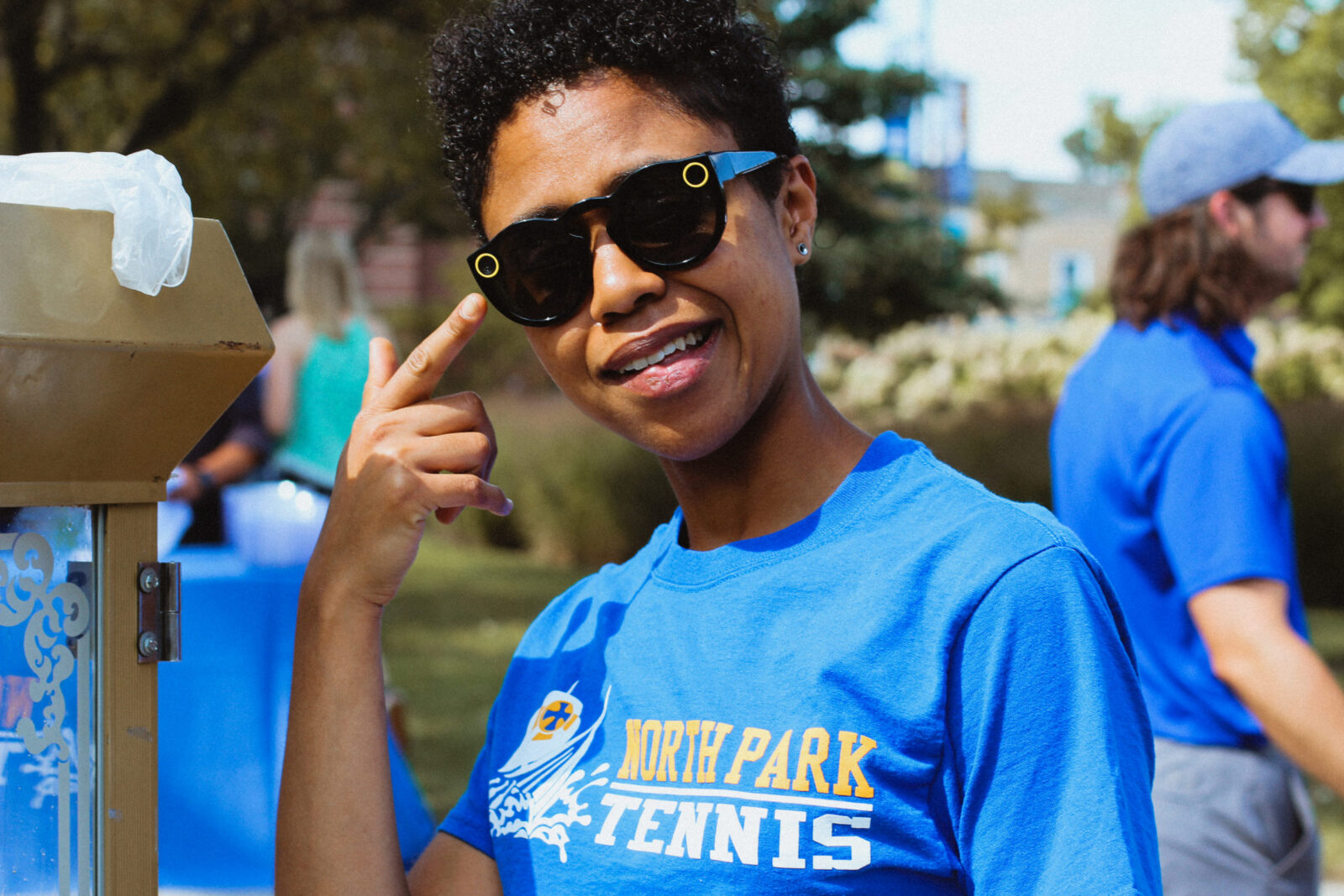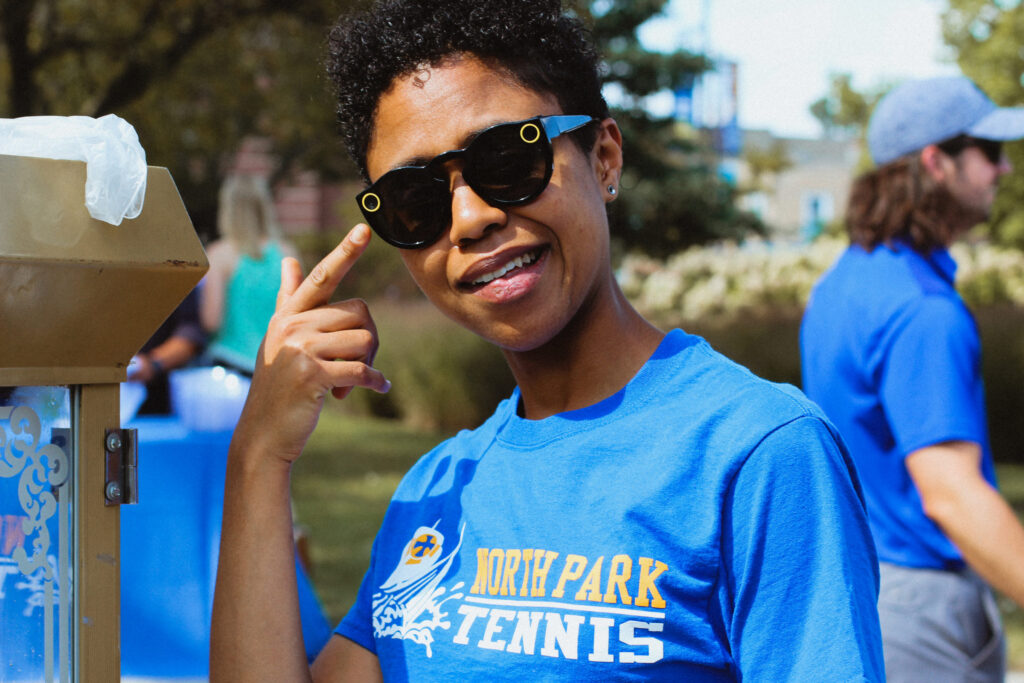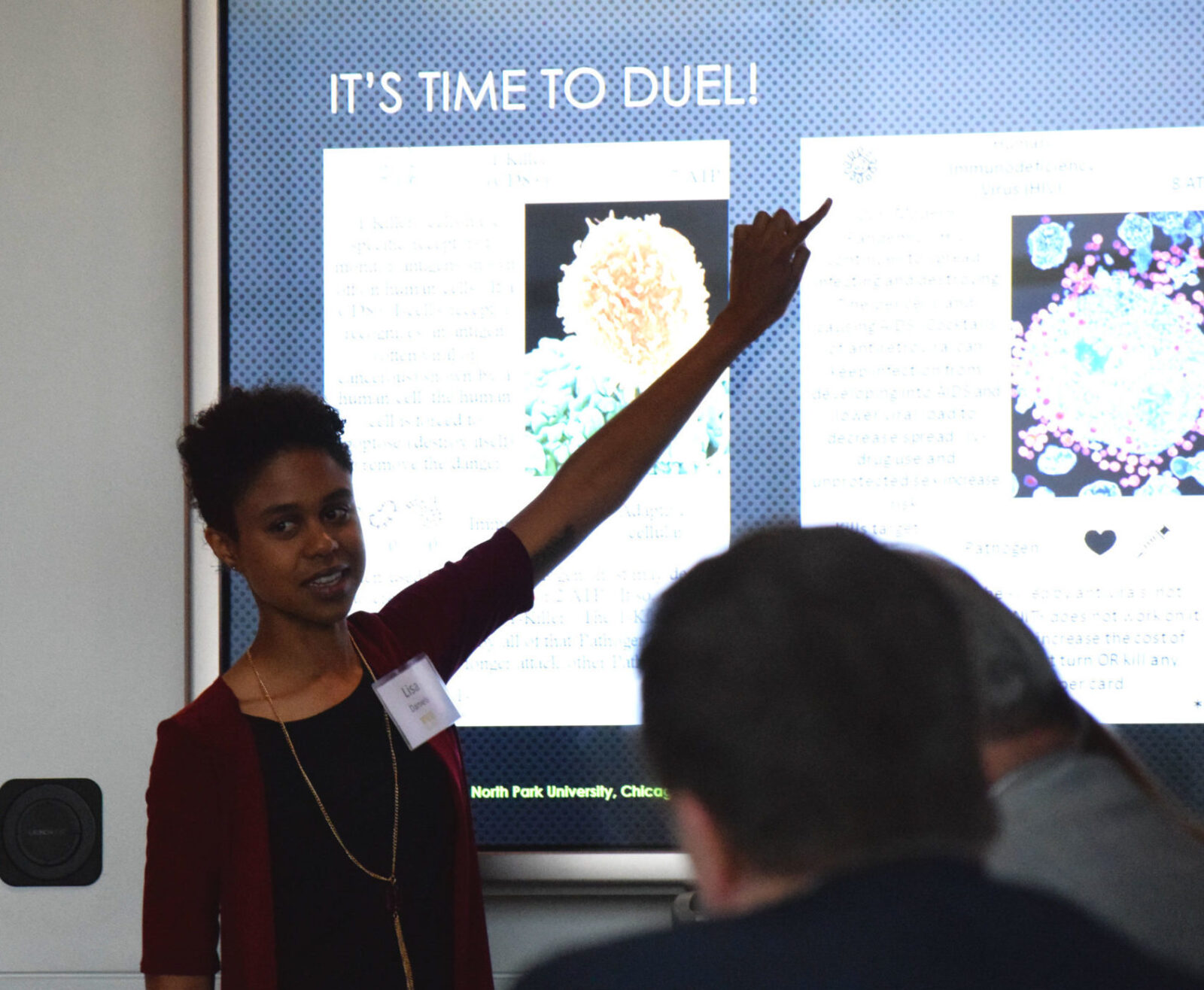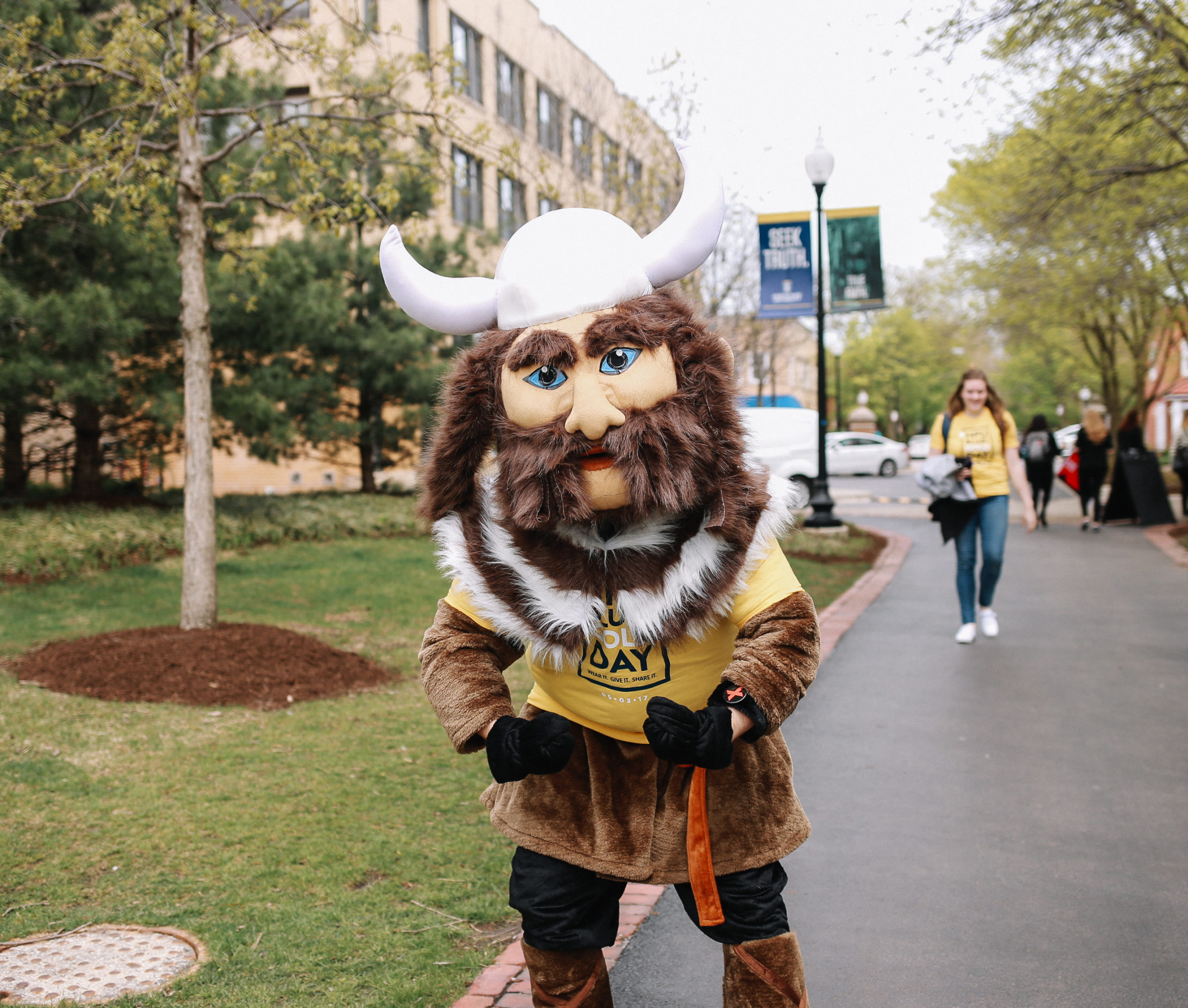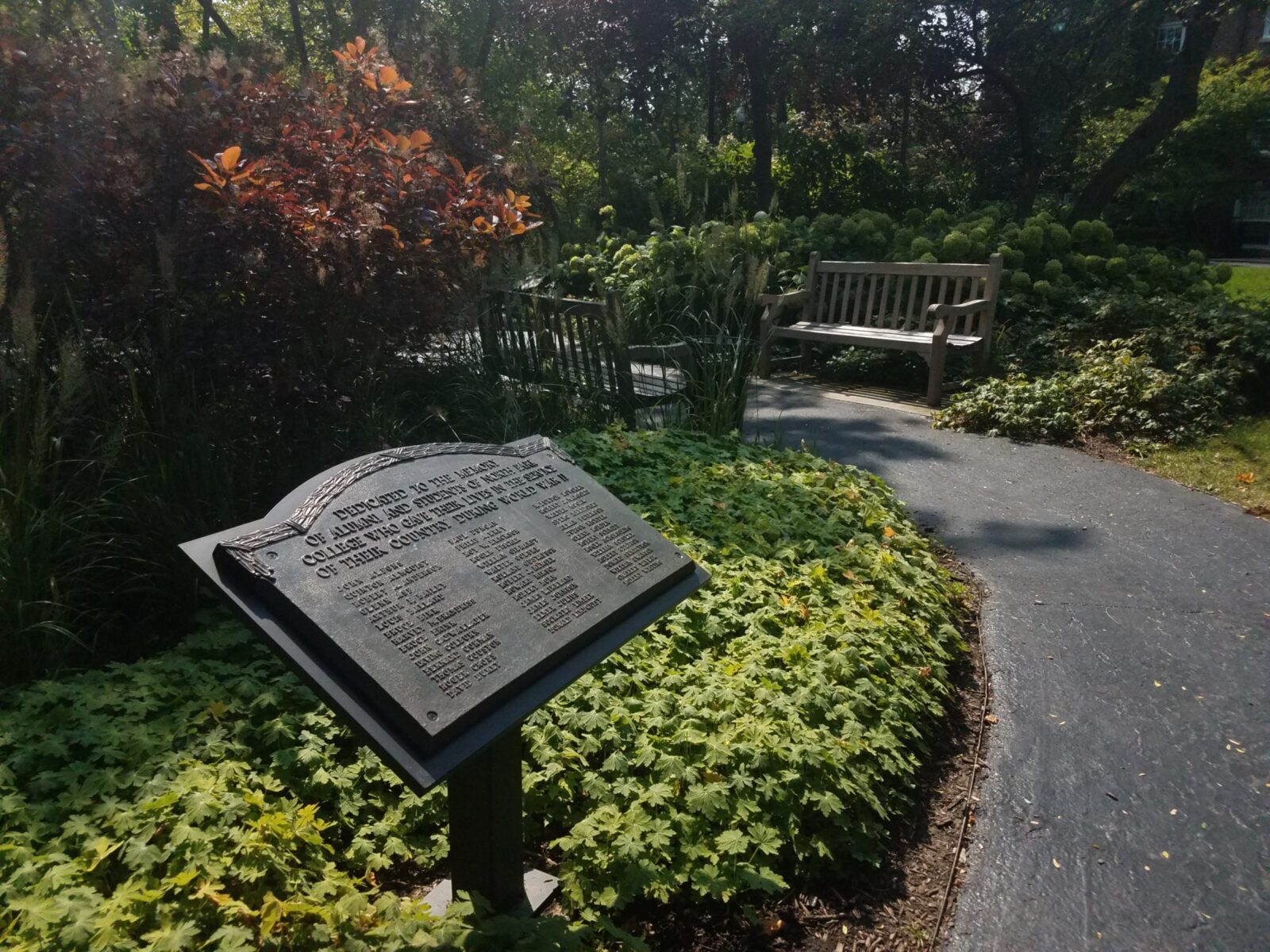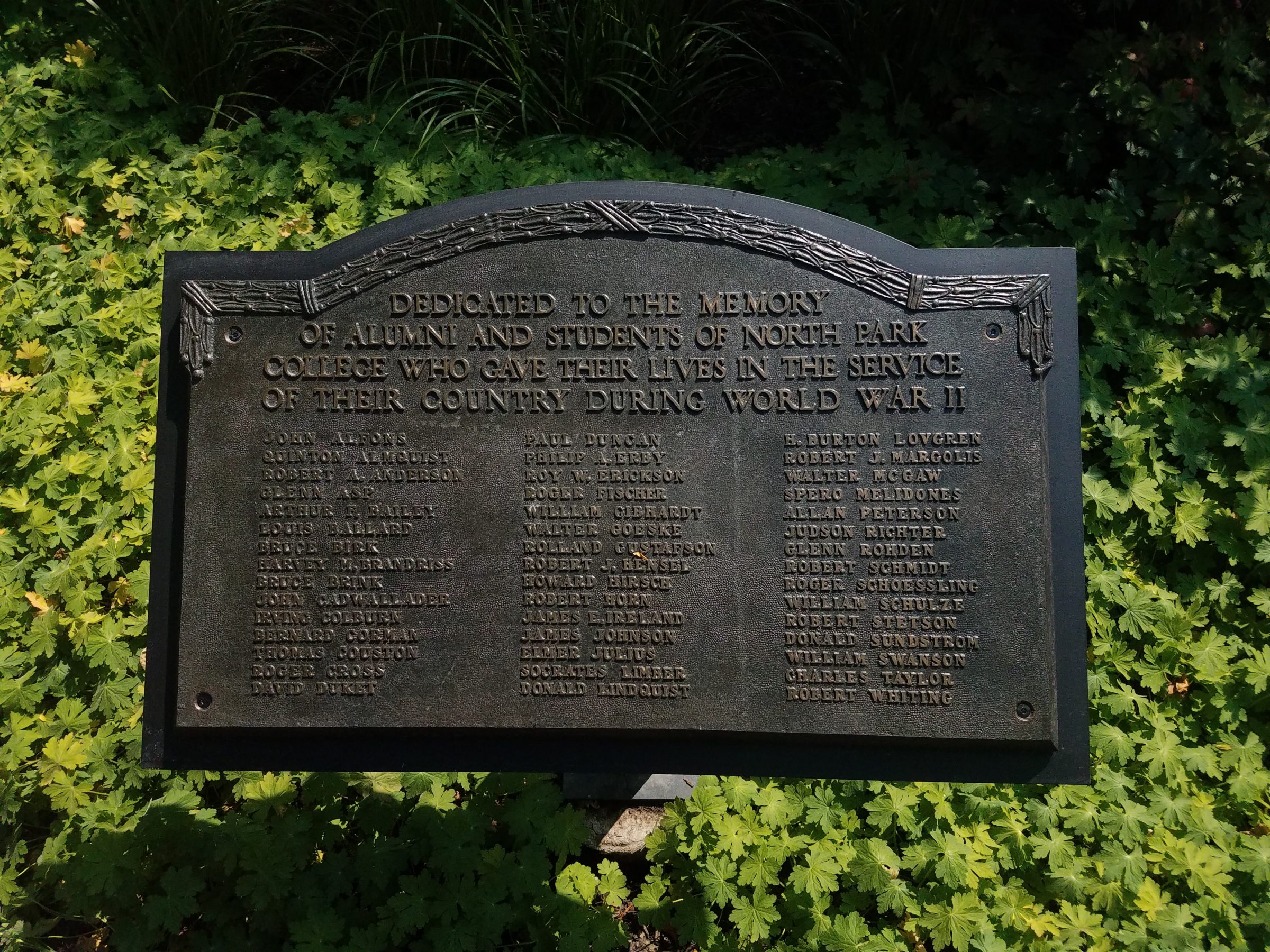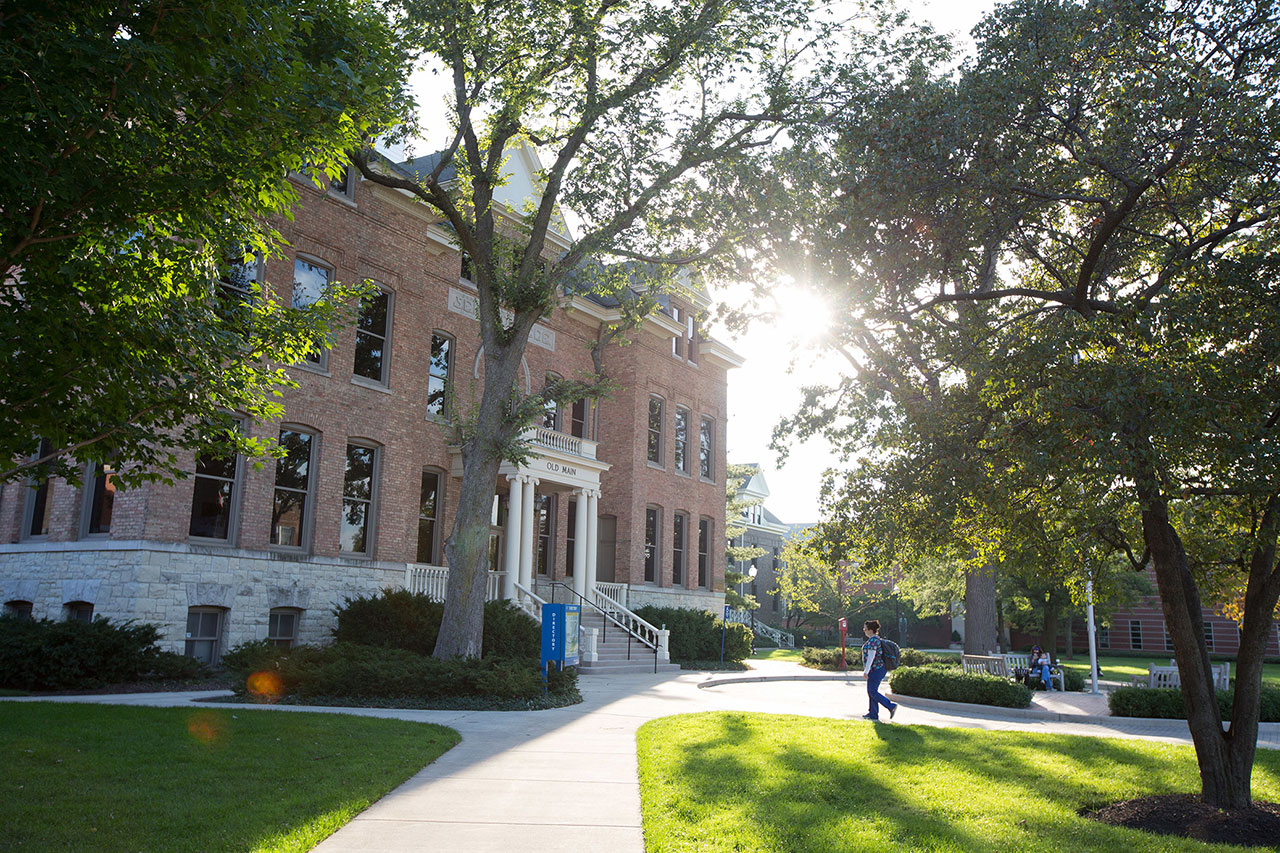CHICAGO (September 13, 2017) — For the third summer in a row, a select group of North Park University undergraduate students took part in an intensive mentoring program, working alongside North Park professors while conducting in-depth research in their given academic fields.
Called the North Park Research Experience for Students (NPRESS), the program allows undergrads to receive the type of guidance and research opportunities typically available only in graduate programs.
As part of the eight-week program, funded by North Park donors, students receive a $3,500 stipend, $500 materials allowance and free on-campus housing while conducting research for their theses.
Both the student and faculty mentor explore ideas together during the application process and throughout the two months of hands-on research, said NPRESS Co-Director Dr. Rajkumar Boaz Johnson. “The program allows deeper learning between students and faculty.”
Twelve students, all incoming sophomores, juniors or seniors, were selected for this summer’s program.
On Aug. 30, five of them presented their theses to NPRESS donors, alumni, and faculty at a dinner in the Helwig Boardroom.
Representing majors from History and Global Studies, Exercise Science, Biomedical Sciences, Biology, and Economics, the students discussed their theses and answered questions from the audience. Through their rigorous research, students made connections on themes involving theology of lament and J.R.R. Tolkien’s novel Legendarium, exercise science and velocity data, interactive learning tools and host-pathogen interactions, genes and unicellular alga, and lure of perceptions versus evidence and fact on inventory and cash/financial performance.
Business and Economics major Jomarie Perlas delved deep into making connections between perception of value and actual value in researching inventory.
“Conducting market research and a survey helped to provide insight into inventory management, an area I’m interested in,” Perlas said.
Biology major Haydee Ramirez said the relationship she formed with her mentor, Dr. Yoojin Choi, helped her prepare for her presentation.
“Getting all the research condensed into 10 to 12 minutes that a general audience can understand was a challenge, but my mentor Dr. Choi was there to work with me,” Ramirez said.
Dr. Johnson developed the program to offer undergraduate students a comprehensive and hands-on learning experience that encompassed research, writing, and presenting.
Inspired by the program, participants like 2016 NPRESS participant Hannah Hawkinson, who studied feminist theology and social justice, is now pursuing a Master’s of Divinity degree at Princeton Theological Seminary.
The NPRESS Committee expressed their gratitude to the donors and the board for making the program possible and for providing North Park students with another avenue to connect academic interests with real-life experiences.
Acceptance into NPRESS is based on an evaluation by North Park’s Undergraduate Research Committee (URC), which examines student merit, outcome, and commitment to 40 hours of research per week. The application deadline for Summer 2018 will be this spring, and applications are open to faculty and undergraduate students of all disciplines. Inquiries can be made with URC Chair Dr. Yoojin Choi .
Read Presentations


